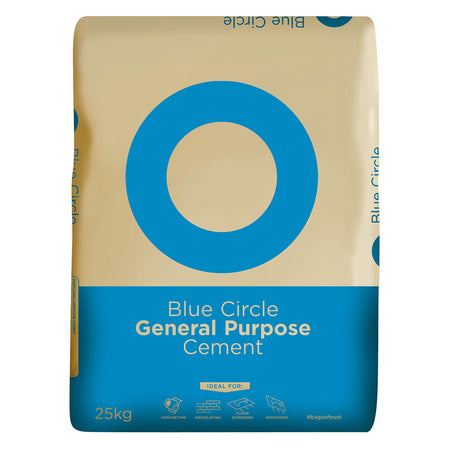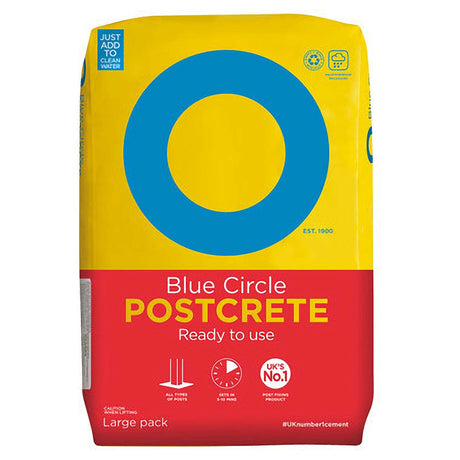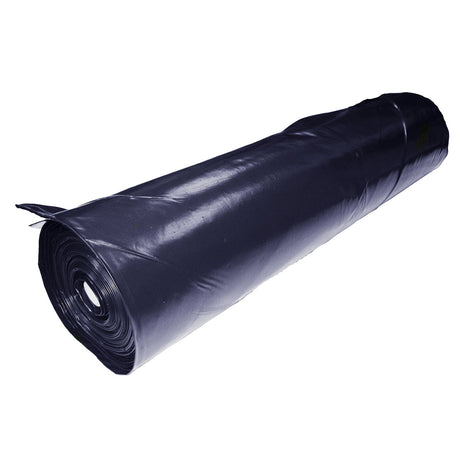The distinction between primed and unprimed MDF skirting extends far beyond simple surface appearance, influencing installation efficiency, finishing quality, and long-term performance. Understanding these differences helps ensure appropriate selection balancing project-specific requirements against time constraints and desired finish quality.
Primed MDF skirting undergoes factory-applied primer coating creating significant advantages beyond basic preparation convenience. Quality factory priming involves specialised coating systems specifically formulated for MDF's unique absorption characteristics, applied under controlled conditions ensuring consistent coverage including vulnerable cut edges and machined profiles challenging to coat effectively on-site. Leading UK manufacturers including Cheshire Mouldings, Richard Burbidge and Jeld-Wen employ sophisticated priming processes creating superior sealing compared to typical site-applied alternatives, while ensuring consistent coating thickness without the runs, sags or thin spots commonly associated with manual application despite careful technique. This factory preparation typically creates surfaces requiring minimal additional preparation beyond light sanding before finishing coat application, significantly reducing on-site labour requirements while enhancing final finish quality through superior base preparation impossible to replicate through manual priming processes regardless of application skill or material quality.
Unprimed MDF provides greater flexibility for customised preparation approaches alongside modest cost savings. The raw material allows application of specialised sealers or primers matched to specific project requirements or unusual finishing systems beyond standard decoration approaches. This flexibility proves particularly valuable for projects employing distinctive finishing techniques including colour-washing, distressing, or specialist paint effects potentially requiring specific base preparations beyond standard primers potentially interfering with desired final appearances despite proper application technique. The unfinished surface additionally allows complete control over edge sealing particularly important for cut sections where exposed end grain requires thorough sealing preventing potential moisture absorption through these vulnerable areas regardless of face surface treatment quality.
The manufacturing process creates important quality considerations beyond simple surface coating presence. Factory-primed products typically undergo additional quality control inspection before priming application, ensuring surface perfection essential for flawless finishing impossible to achieve if primer merely conceals underlying material imperfections. This additional inspection frequently results in superior base material regardless of the primer's direct benefits, as manufacturers separate premium materials for primed products commanding higher retail prices while diverting slightly imperfect boards to unprimed categories despite meeting basic structural standards. This selection process explains why professional installers frequently report better overall quality from primed products beyond simple surface preparation advantages, receiving material subjected to additional inspection processes beyond standard production quality control potentially allowing minor imperfections in products destined for job-site priming where such flaws might be addressed during preparation rather than requiring rejection from factory-primed categories demanding flawless base material.
Time efficiency considerations significantly influence appropriate selection for specific project constraints. Factory-primed products typically reduce on-site preparation by 50-70% compared to unprimed alternatives requiring comprehensive sealing and priming before finishing coat application. For typical room installations, this efficiency translates to approximately 2-3 hours reduced preparation time, allowing faster project completion or reallocation of labour to other tasks within renovation schedules. This time advantage proves particularly valuable for occupied property renovations where minimising disruption takes priority over modest material cost savings, allowing quicker restoration of normal household functions beyond simple labour cost considerations more relevant to unoccupied renovation projects without equivalent time sensitivity potentially justifying additional preparation requirements despite extended project timelines.
The finishing quality difference frequently justifies primed material selection despite modest price premiums. Factory priming creates ideal foundations for finishing coats, typically reducing the number of topcoats required for perfect coverage while enhancing final appearance through superior base preparation. Professional decorators report that factory-primed MDF typically achieves excellent finish with two topcoats, while unprimed alternatives frequently require three applications for equivalent coverage and appearance. This reduced finishing requirement often offsets much of the initial price premium through materials savings on additional paint while delivering superior results particularly evident in critical lighting conditions highlighting any surface imperfections inadequately concealed through site-applied preparation despite careful application technique potentially limited by practical job-site conditions impossible to replicate factory-controlled environments specifically designed for optimal coating application.
Moisture resistance implications create important selection factors beyond simple preparation convenience. Factory-applied primers typically provide superior sealing particularly for machined profiles where multiple surface angles create application challenges for on-site preparation. This enhanced sealing proves especially valuable for kitchens, bathrooms, or utility areas where moisture exposure risks demand comprehensive protection beyond aesthetic considerations. The controlled factory application ensures coating reaches all surface areas including profile recesses potentially receiving inadequate coverage through manual application despite careful technique, creating superior moisture protection without requiring exceptional application skill beyond standard installation capabilities. This moisture advantage explains why primed products frequently represent minimum recommendations for any installation with potential exposure beyond completely dry environments, providing enhanced protection without requiring specialist finishing skills potentially unavailable for typical installation projects despite adequate general construction capability.
Cost comparison reveals important considerations beyond simple material price differences. While unprimed MDF typically costs 10-15% less than primed equivalents (approximately £0.40-0.75 per linear metre for standard profiles), the additional required materials including quality MDF primer (£15-25 per litre covering approximately 30-40 linear metres) substantially reduce actual project savings beyond apparent price differences. When adding labour costs for preparation (typically 25-35 minutes per linear metre for thorough preparation of complex profiles), the apparent savings frequently disappear entirely for professional installations where labour costs significantly exceed material price differences. This economic analysis explains why professional installers increasingly select factory-primed products despite apparent premium pricing, recognising that comprehensive project costs including labour and materials frequently favour primed products despite higher initial purchase price when considering complete installation economics beyond simple material acquisition costs potentially suggesting different optimal selections without considering preparation requirements and associated expenses.
Storage and handling characteristics create practical selection considerations beyond theoretical performance differences. Factory-primed products typically demonstrate greater resistance to job-site soiling, moisture absorption from storage areas, and handling marks during installation processes. This resilience proves particularly valuable for longer projects where materials might remain on-site for extended periods before installation, or in renovation environments where multiple trades might contact materials during various project phases despite careful protection attempts. The primed surface provides sacrificial protection easily cleaned or touched up before final decoration, while unprimed MDF absorbs contaminants potentially requiring significant remediation beyond normal preparation potentially extending project timelines despite initially adequate scheduling based on standard installation procedures without considering potential contamination remediation requirements beyond typical preparation expectations.
The optimal selection ultimately depends on specific project requirements, installation environment, and available skills rather than universal recommendations applicable across all situations. For standard residential installations seeking quality finishing with minimal preparation time, factory-primed products typically represent optimal selections despite modest price premiums, delivering superior results without requiring exceptional preparation skills potentially unavailable to typical installation teams. Conversely, projects involving extensive cutting and modification might benefit from unprimed materials allowing complete sealing of newly exposed edges impossible with pre-primed products potentially leaving vulnerable uncoated areas where factory-applied primer cannot reach surfaces created during on-site modification. This application-specific analysis explains why comprehensive project assessment frequently identifies different optimal solutions for particular requirements, balancing preparation capabilities, project timelines, and specific installation conditions rather than applying universal recommendations potentially inappropriate for specific project characteristics despite general validity across typical applications without unusual requirements or constraints.
At DIY Building Supplies, we stock comprehensive selections of both primed and unprimed MDF skirting and architraves from leading UK manufacturers, ensuring appropriate options regardless of your specific project requirements. Our experienced advisors provide guidance on suitable selection based on your particular application, skill level, and time constraints, helping identify optimal products balancing performance requirements with project-specific considerations beyond simple material cost comparisons.












